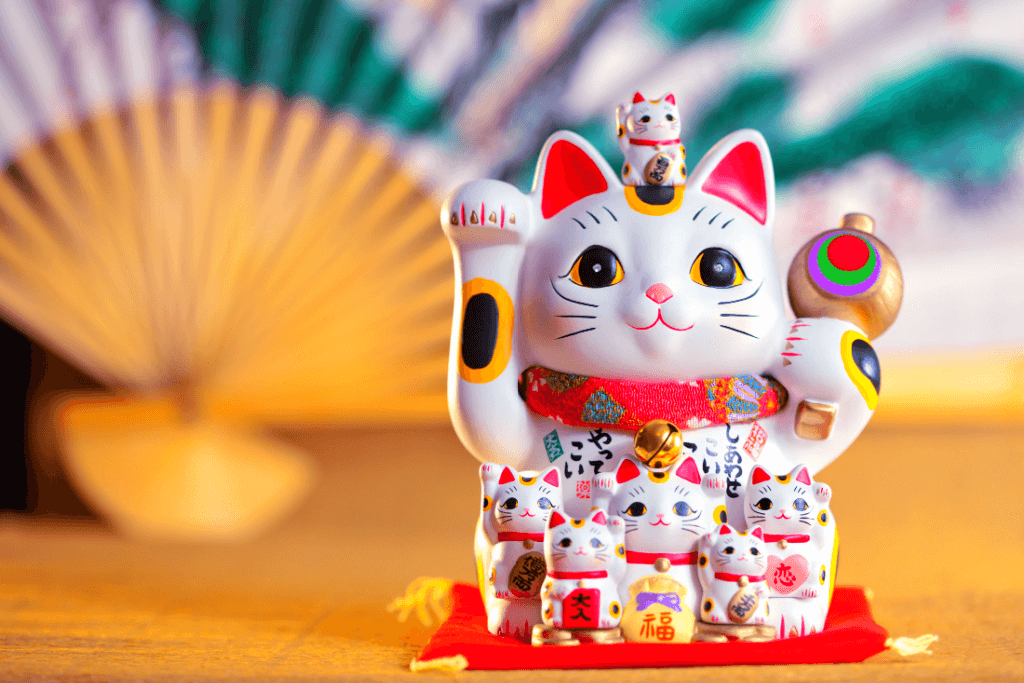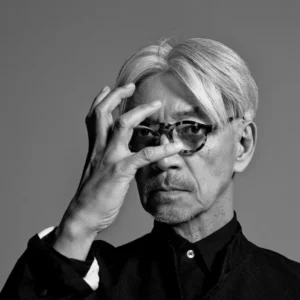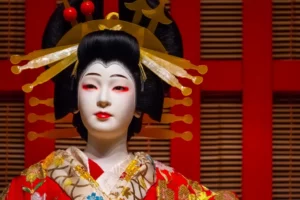The Maneki Neko is a traditional Japanese figurine that has become a beloved and famous symbol of good fortune and prosperity. This lucky talisman is common in businesses and homes throughout Japan and other parts of Asia.
Maneki Neko, also known as the “beckoning cat” or the “lucky cat,” is a traditional Japanese figurine. People believe they bring their owners good fortune, wealth, and prosperity. “Maneki” means “beckoning” or “inviting” in Japanese, while “neko” means “cat.” The statue features a cat with one or both paws raised in a welcoming gesture. Many display it in storefronts, homes, and public places throughout Japan and other parts of Asia.
Table of Contents
ToggleThe Maneki Neko’s Origin
The Maneki Neko originates from Japan’s Edo period, which lasted from 1603 to 1867. Japan was a closed country during this time and had little contact with the outside world. It originated in the Gotokuji temple in Tokyo. There, a priest named Hojo Tokiyor adopted a friendly stray cat.
One day, when the priest sat in his temple, the cat raised its paw to beckon him over. As he approached the cat, a lightning bolt struck where he had been sitting moments before. Grateful for the cat’s warning, the priest became convinced that it was a lucky and divine animal and began treating it as such.
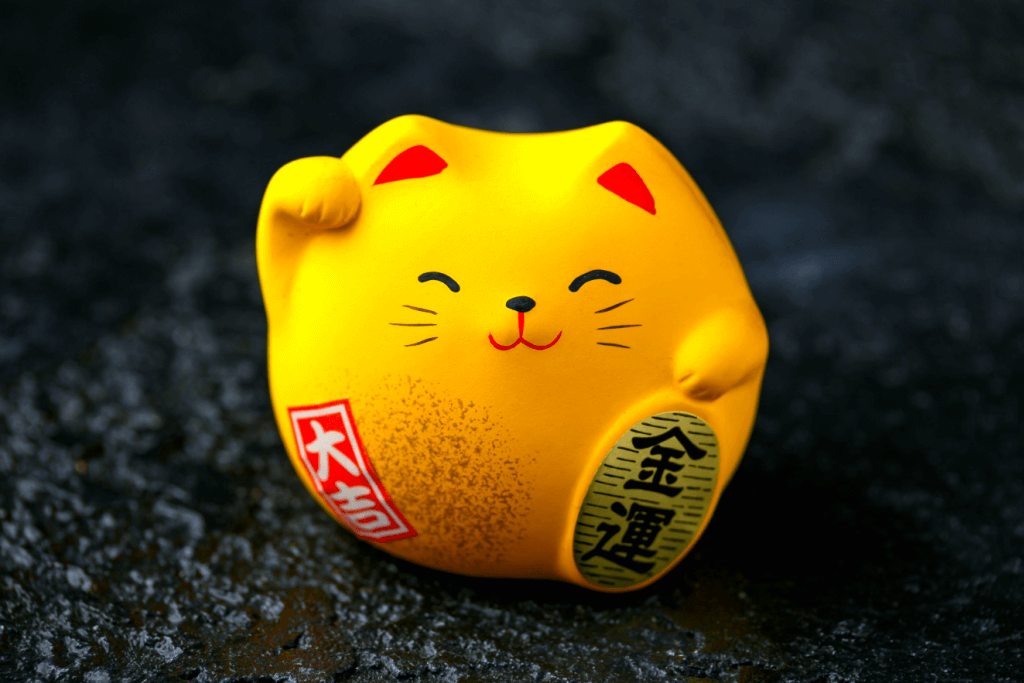
When the cat eventually died, the priest created a statue with one paw raised in honor of its divine nature. The figure quickly became popular among the locals, who believed it would bring them good luck and fortune. Over time, the popularity of the Maneki Neko spread throughout Japan, and the statue took on different meanings and interpretations depending on the region and culture. In some areas, people believe the cat brings good luck for business, commerce, and even relationships.
Are you looking to enjoy even more traditional Japanese food and other items? Try Sakuraco! Sakuraco sends traditional Japanese snacks, teas, sweets, and kitchenware so that you can taste Japanese culture in the comfort of your home!

Modern Day
The statue’s symbolism varies depending on the position of the cat’s paw. If the left paw is up, the cat brings in customers and good fortune. On the other hand, a raised right paw brings money and wealth. Some statues feature both paws raised, which is said to bring in customers and wealth.
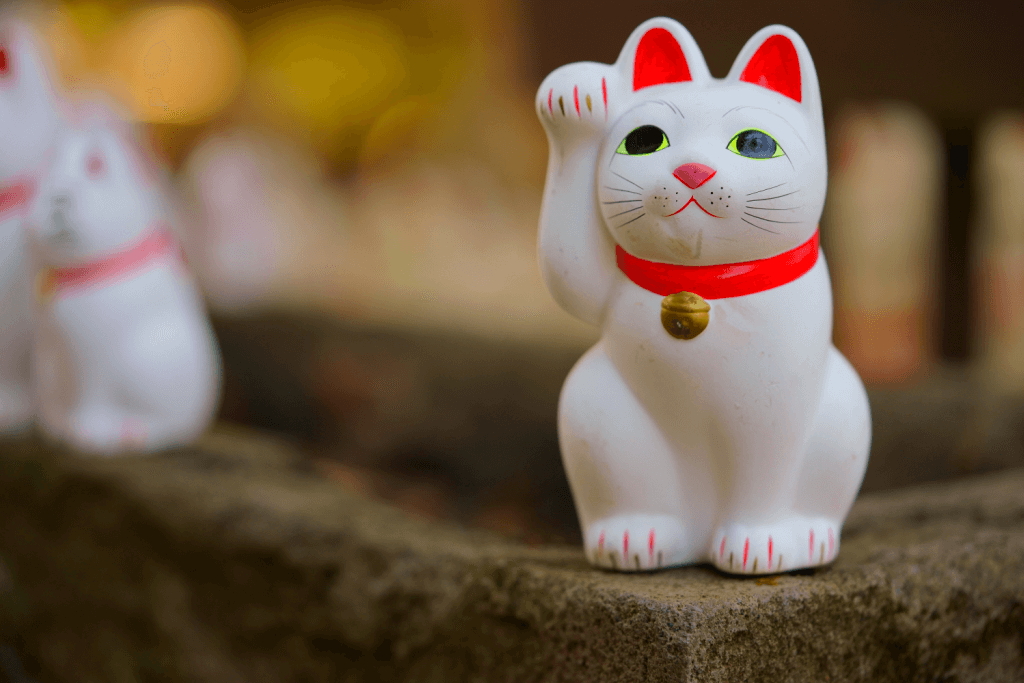
Its color is also significant, with calico or tri-color cats being the luckiest. White cats bring happiness and purity, while black cats are associated with warding off evil spirits. It’s become a famous symbol of Japanese culture worldwide. It often appears in themed merchandise like t-shirts, keychains, and magnets. In addition, some people gift it for special occasions.
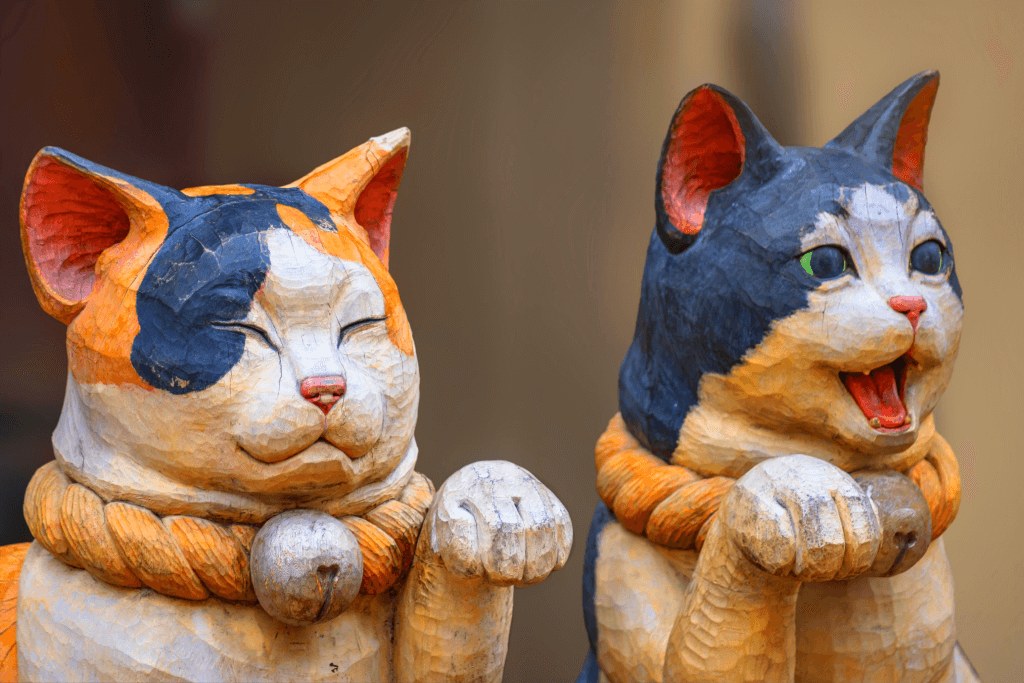
It is also a cultural icon that reflects the values and beliefs of the Japanese people. The cat’s welcoming gesture and contented expression represent the importance of hospitality, kindness, and happiness in Japanese culture. It’s so popular that even people in the West like to collect these lucky cat talismans!
Maneki Neko Trivia
Another interesting fact about the Maneki Neko is that it’s popular in other countries, particularly Asia. The Maneki Neko symbolizes good luck and prosperity in many regional cultures, including China, Korea, Taiwan, and Thailand. Some people even keep them in their homes and place them as small charms on their cell phones or bags.
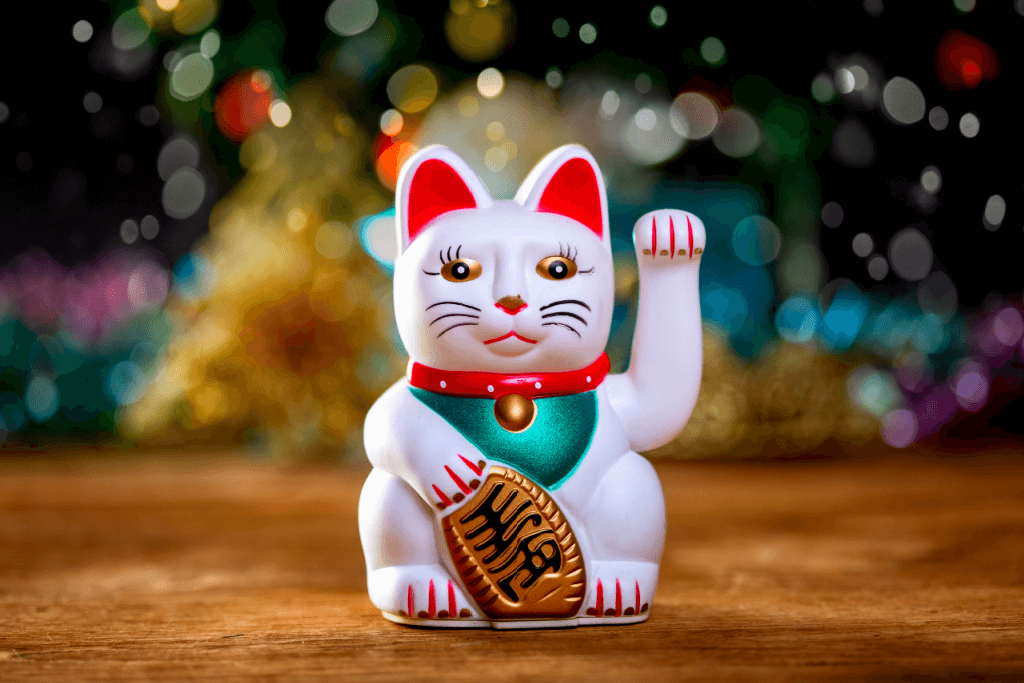
Additionally, there are many different variations and designs of the Maneki Neko. Some statues feature different colored cats or different positions of the paw. Meanwhile, others may have additional accessories or decorations, such as a collar or a bell.
In recent years, the animatronic Maneki Neko has become popular, which brings them to life. Some even act as robot assistants to help customers find items at local stores! These modern versions offer novelty and entertainment to the famous good luck and fortune symbol.
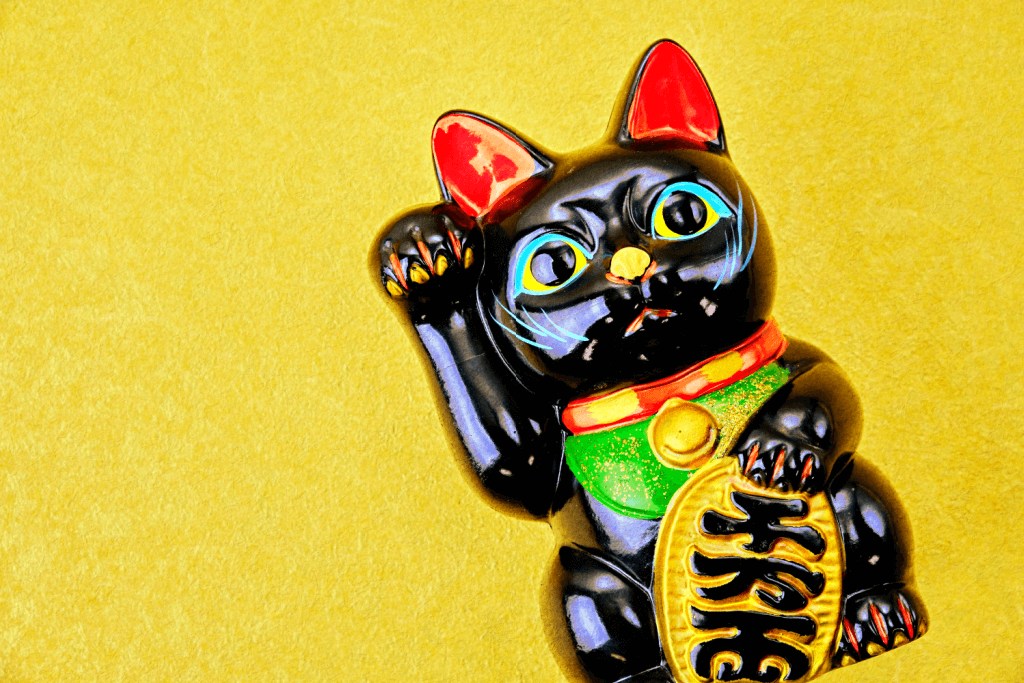
Overall, the Maneki Neko is an important symbol of Japanese culture that captures people’s hearts and imaginations worldwide. Whether you believe in its powers or not, the Maneki Neko is an essential sign of Japan that will continue to inspire and delight future generations! Have you ever seen a Maneki Neko? Did you know about these facts? Let us know in the comments below!

